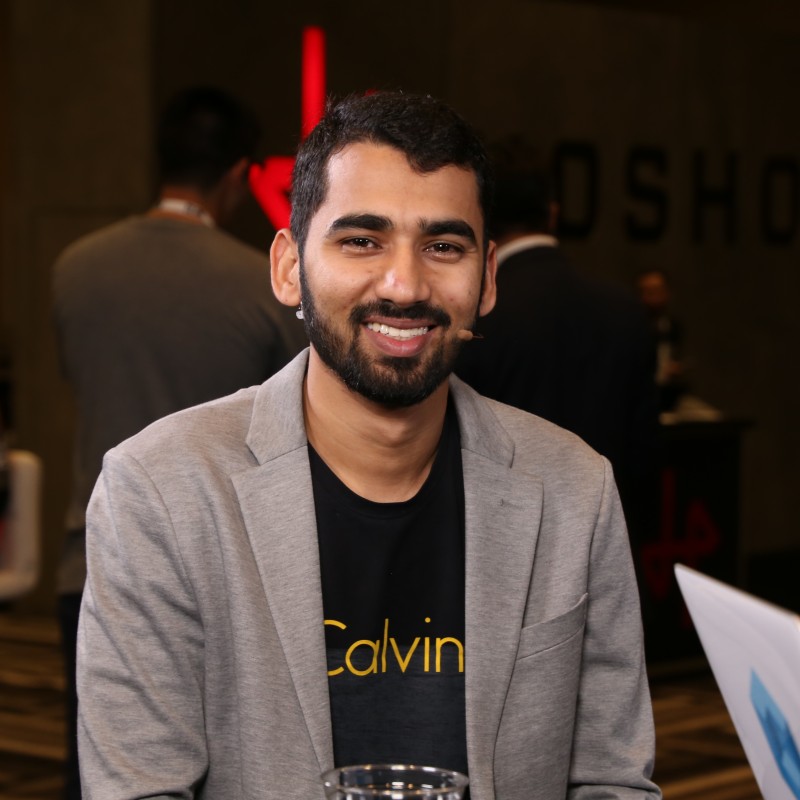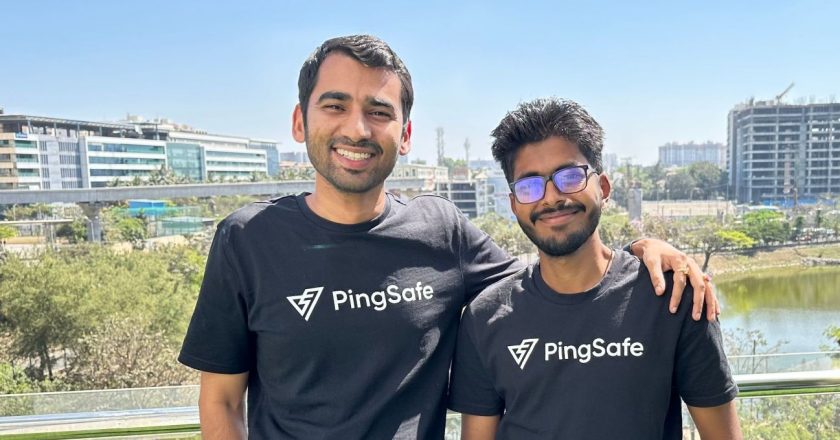(February 24, 2024) As a student of B.Tech at Vellore Institute of Technology, Anand Prakash’s journey into the world of cybersecurity began in 2012 when a Twitter post mentioning a bounty from Facebook left him intrigued. Curious, he started learning more about bug bounty hunting, landed his first bounty a year later, and soon became an ethical hacker. A decade later, Anand Prakash made headlines globally for selling his startup Pingsafe to NSE-listed US-based cybersecurity company SentinelOne for a whopping $100 million.
Founded in 2021, PingSafe secured $3.3 million in funding from Peak XV’s Surge in 2023, and the latest acquisition is seen as one of the fastest and most successful exits for a fairly new startup. Barclay in a note to clients said, “SentinelOne announced this morning that it will acquire PingSafe, a company that operates in the cloud security platform space, for$100M, with about half in cash and half in stock,” adding, “Founded in 2022, PingSafe is a relatively new and small security company with <100 employees and ~50+ customers, mostly in India.”

Anand Prakash
Redefining cybersecurity
“We are redefining cloud security,” is written in bold letters as one is greeted by the PingSafe website. A startup that’s “creating the next-generation cloud security platform powered by attackers’ intelligence, providing coverage for vulnerabilities that traditional security solutions would otherwise overlook,” adds the co-founders Anand Prakash and Nishant Mittal.
It all began when Anand got interested in cybersecurity during his college days, and began bug bounty hunting – reporting bugs on websites and software, especially about security exploits and vulnerabilities. “I started in college when I heard about a friend who was paid to find bugs in Facebook’s systems, which sounded like fun,” he said in an interview. In no time, Anand became one of Facebook’s top-ranked bug hunters. “Over the years, I have found vulnerabilities on platforms like Facebook, Twitter, Uber, Tinder, Salesforce, and more, consistently working to protect the data of billions of users. In 2013, I was part of the early security team at Flipkart, where I collaborated with engineers to write secure code and secure infrastructure. I am the first Indian researcher to make it into the top 5 researchers in these companies,” reads Anand’s LinkedIn profile.
Over time, Anand realised that even the largest and most tech-savvy companies have a weakness that they aren’t aware of, and in no time, the data of users can become vulnerable to attackers. “I could see a very clear gap in the market,” said Anand, adding, “These firms were taking cyber security very seriously but people were still finding issues.”

In 2016, he founded AppSecure India, a security auditing startup based in Bangalore that worked with more than 30 startups, including Paytm, Flipkart, and PhonePe, to find loopholes in their security systems. A year later, Anand was featured on the Forbes 30 Under 30 list in the category of Enterprise Technology for his efforts to secure the data of billions of users globally. “I have found bugs that, if misused by black hat hackers, could have led to the hacking of social media and ride-sharing accounts,” he added.
Moreover, he pointed out that using cloud computing, which is the usual choice for companies to set up their computer systems, is making them more vulnerable. With cloud computing, anyone in the company can easily change its IT systems or add more services, like subscribing to software. This makes it tough to make sure there are strong cybersecurity measures in place.
The emergence of PingSafe
This led him to start PingSafe as a cloud-native application protection platform (CNAPP) – a software platform that simplifies monitoring, detecting, and acting on potential cloud security threats and vulnerabilities – with IIT graduate Nishant Mittal. PingSafe uses its platform to check its customers’ computer systems in the same way hackers do. It looks for any weaknesses that could be used by a bad person. When it finds these weaknesses, PingSafe tells the customer how to fix them. It keeps testing the systems in real time and updates its methods based on what hackers are doing.

Anand Prakash with Nishant Mittal
“Every organisation is at risk because of cloud misconfigurations, but other security solutions won’t necessarily pick them up,” he said, adding, “Our platform can sit alongside the other cyber security products that the organisation is using.”
In just a few years, Pingsafe was acquired by SentinelOne, making it the largest acquisition in the Indian cybersecurity startup space.
- Follow Anand Prakash on LinkedIn




